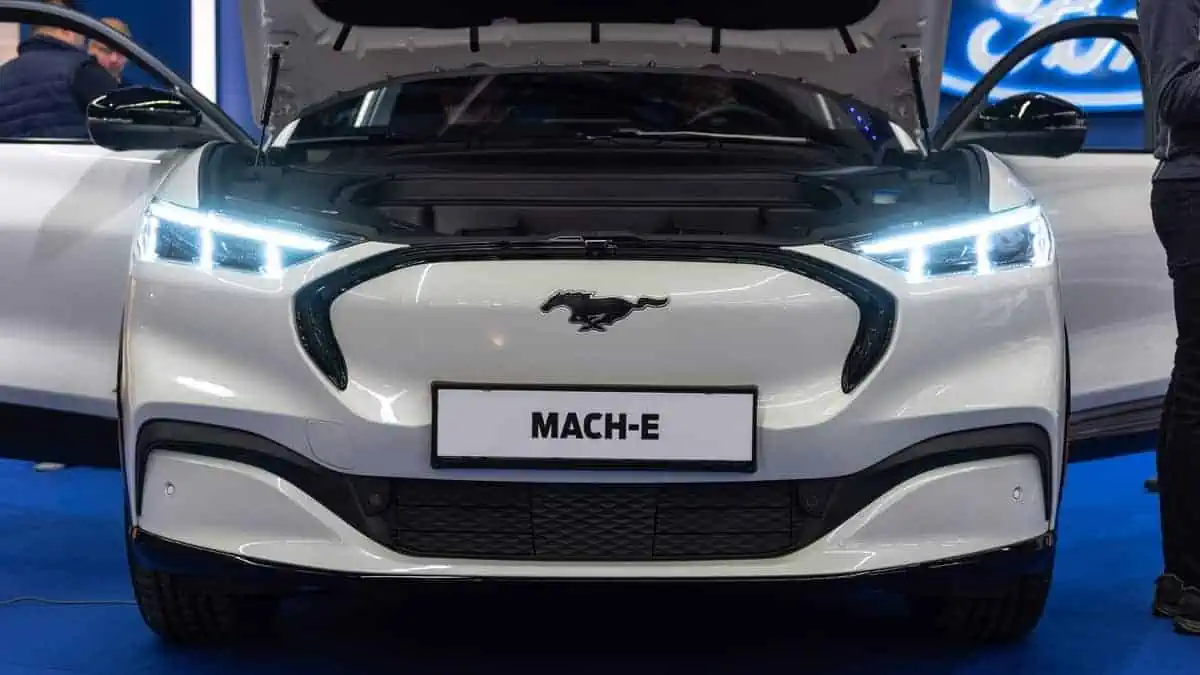Ford announced Wednesday that the popular Mustang Mach-E may lose its federal electric vehicle tax credit eligibility starting next year due to the changes in the Inflation Reduction Act in the US, Reuters reports.
IRA changes
The US Treasury released the IRA’s new EV tax credit guidance on December 1, outlining the changes that make it harder for many electric cars to qualify.
The changes indicate that any EV model that has battery components originating from a “foreign entity of concern” (FEOC) will no longer qualify for federal tax credits of up to $7,500 by January 1, 2024.
What is an FEOC?
The US Treasury and Energy departments defined the foreign entity of concern as a company “controlled by, owned by, incorporated in, headquartered in, or performing the relevant activities in a covered nation,” which includes China, Iran, North Korea, and Russia.
In addition, the new standard removes companies that have at least 25% of board seats controlled by an FEOC from the eligible list.
In 2025, electric vehicles must not contain “any critical minerals that were extracted, processed, or recycled by an FEOC” to qualify for the federal tax credits.
Ford encourages customers to purchase the Mach-E before it loses credits.
Ford apparently sent a bulletin to dealers to notify them that the updated guidance may affect the Mustang Mach-E. It omitted to share the reason for the disqualification, but it is highly likely due to CATL’s LFP battery packs.
That said, the American legacy automaker urges interested buyers to take advantage of the $3,750 EV tax credits for the Mustang Mach-E while it ends.
“…It is unlikely that any Mustang Mach-Es will qualify, making this an excellent motivator to purchase before the end of the year.”
Ford
Electrek also noted that buyers can still get the full $7,500 tax credit through the leasing loophole.
Ford’s Mustang Mach-E’s sales reached a total of 35,908 units in the January to November period in the US market, up 3.5% YoY. Apart from the plans to cut some Mach-E production, the imminent federal tax credit disqualification can potentially lower Ford’s sales in the coming year. The company may have a hard time competing with American leader Tesla and emerging startups aiming to take a portion of the market.






